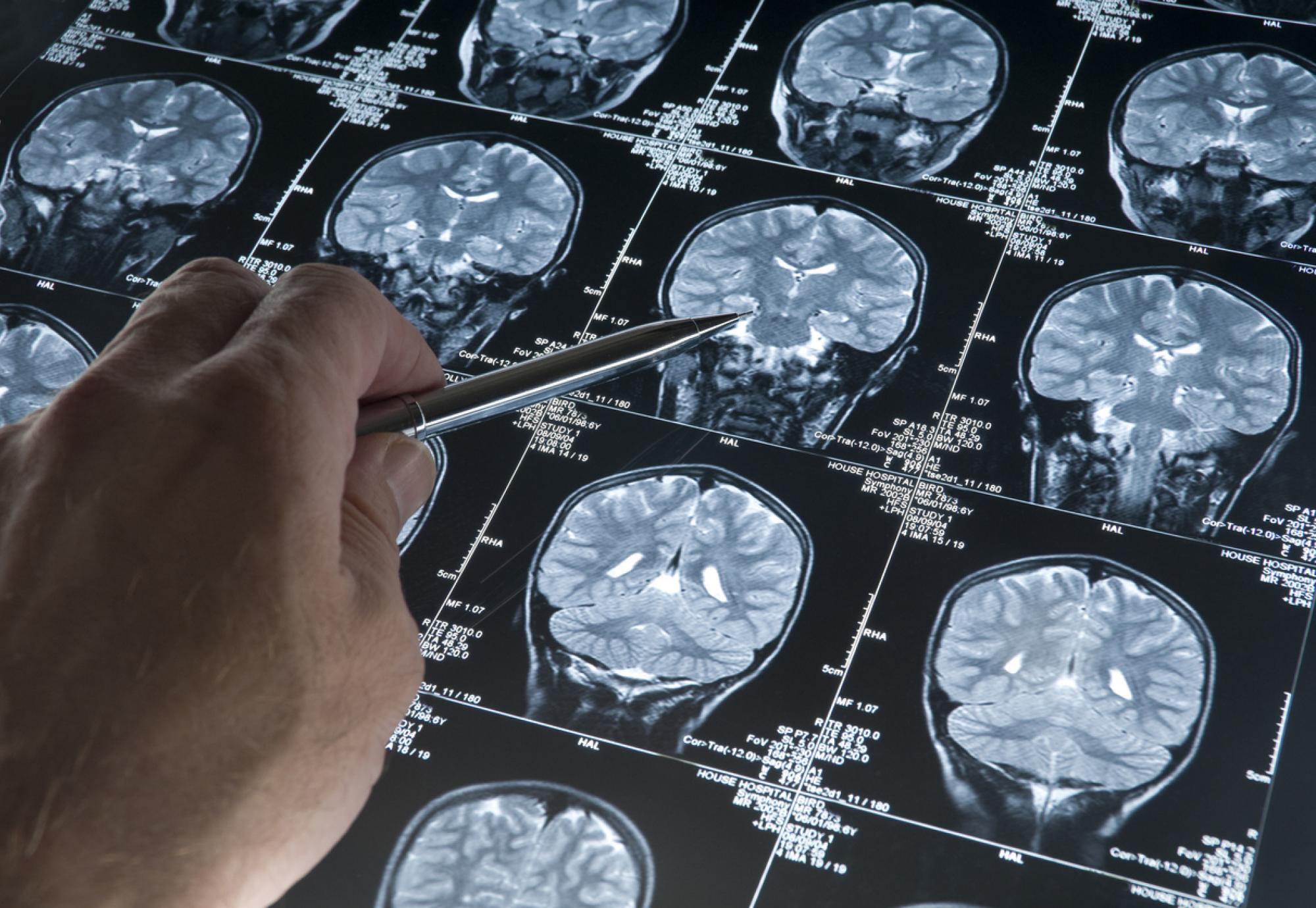The Brain Tumour Charity have launched a new awareness campaign, after new NHS statistics revealed that the number of people in England that have been diagnosed with a brain tumour has increased by over 50% in the last two decades.
Brain tumours are the UK’s leading cancer killer of children and adults under 40, with recent figures indicating that the number of people diagnosed with the disease has risen from 6,577 in 2001 to 9,960 in 2019.
This latest analysis follows a 2021 study conducted by researchers at King’s College London, which showed that the incidence of two of the most common types of brain tumours in adults – aggressive glioblastomas and slow-growing meningiomas – had more than doubled between 1995 and 2017 in England.
Experts believe the apparent surge in prevalence could be explained by the ageing population and significant technological advances in detection and clinical practice.
Professor Keyoumars Ashkan, Professor of Neurosurgery at King’s College London and Consultant Neurosurgeon at King’s College Hospital NHS Trust, said: “In recent decades, we have continued to see the growing burden of brain tumours in the UK.
“Even though they are uncommon, brain tumours remain the leading cause of cancer death in children and adults under 40 and they continue to have such a major impact on the quality of life of those diagnosed.
“The overall rise in incidence appears to be driven largely by glioblastomas, which unfortunately remain incurable and can come with such a heartbreakingly short prognosis, and slower-growing meningiomas, which account for a quarter of cases and are more common in women.
“Several possible factors could explain why cases have increased so significantly, including the ageing of the population, advances in clinical practice including the adoption of new diagnostic tools, classifications and molecular testing, and improved cancer registration practices.
“We have seen significant steps forward in surgery and care in recent years which are now beginning to bring hope for patients, but we have to keep up the pace of progress. Greater awareness of the signs and symptoms will be crucial to ensuring that more people can receive the diagnosis and treatment they may need as soon as possible.”
Therefore, in response to all of this, The Brain Tumour Charity are launching their Better Safe than Tumour campaign, which aims to raise awareness of the most common signs and symptoms of the disease in both adults and children – ultimately pledging to support the public in getting any symptoms checked by a doctor.
Dr David Jenkinson, Chief Scientific Officer at The Brain Tumour Charity, said: “These worrying figures show just how urgently we need to act on this devastating and life-changing disease. While brain tumours remain relatively rare, incidence has continued to rise significantly over the last two decades, and this has unfortunately not yet been matched by the tangible progress in diagnosis, treatment and survival outcomes seen in many other cancers.
“With over 12,000 people now being diagnosed every year in the UK, and the impacts on diagnosis seen due to the pandemic, renewed action to support more people to recognise the signs and come forward to see an NHS doctor has never been more needed.
“We absolutely want to reassure people, that despite this increase in cases, brain tumours are still uncommon. But it’s so important that we see greater awareness of the signs and symptoms of the disease to ensure anyone affected can get the diagnosis, treatment and support they need at the earliest opportunity.
“The warning signs vary by age group, as well as due to the type of tumour and where in the brain it is located. We’d encourage anyone who is worried about a symptom that’s unusual for them, and particularly if it is persistent or they experience a combination of symptoms, to speak to their doctor – to help rule a brain tumour out. Anyone concerned can also speak to us on 0808 800 0004 or find out more about the possible signs and symptoms at headsmart.org.uk. We’re here for you.”
Common signs and symptoms of brain tumours in children include:
- Persistent or severe headaches
- Changes to vision
- Seizures or fits
- Balance, co-ordination or walking problems
- Abnormal head position
- Nausea and dizziness
- Tiredness
- Loss of taste and smell
- Diabetes insipidus
- Reduced consciousness
Whilst signs of symptoms of brain tumours in adults include most of the above as well as memory problems, speech difficulties, and numbness or tingling in extremities.
For more information about brain tumours and this new campaign, click here.



















